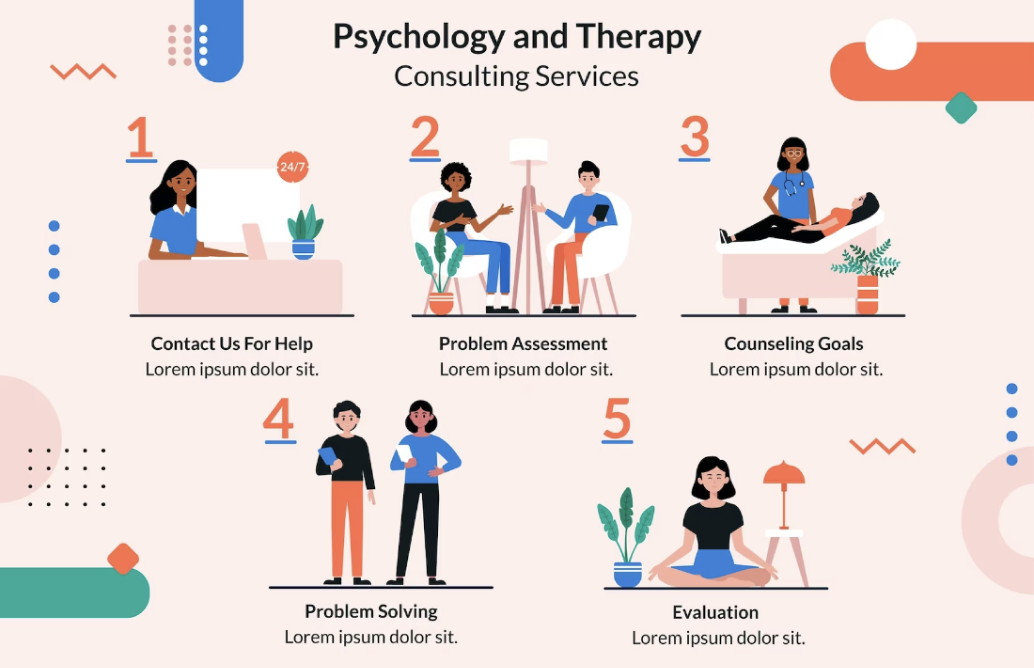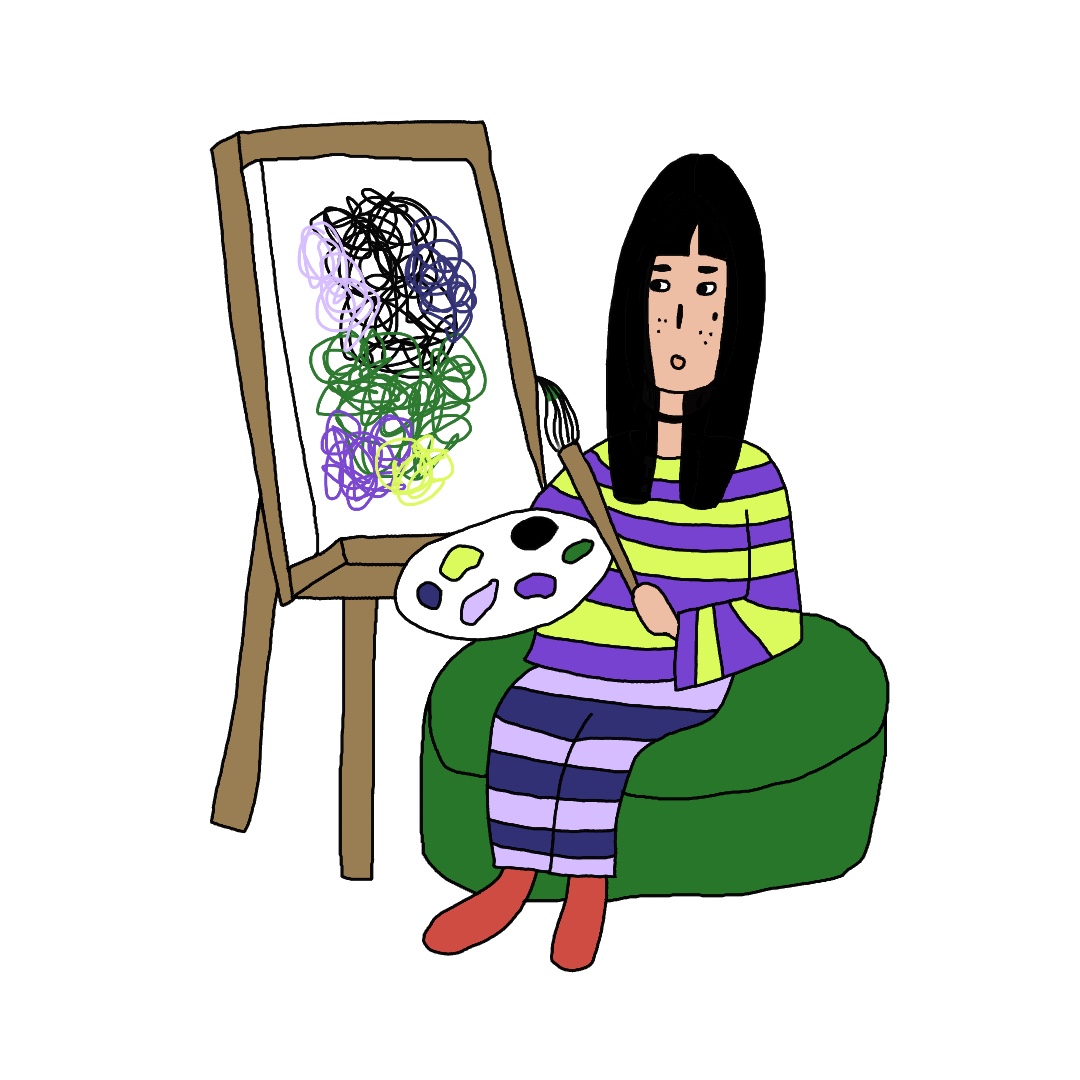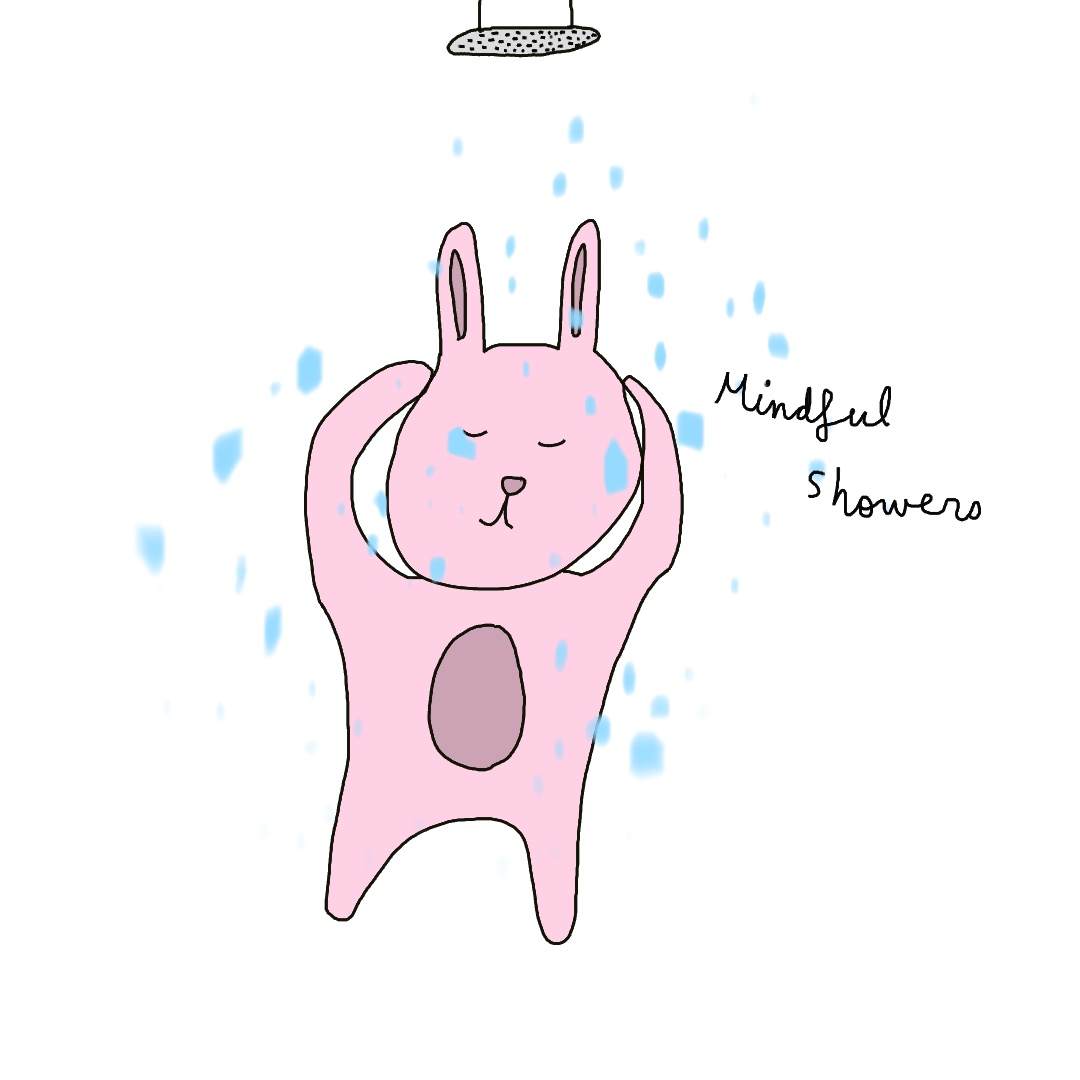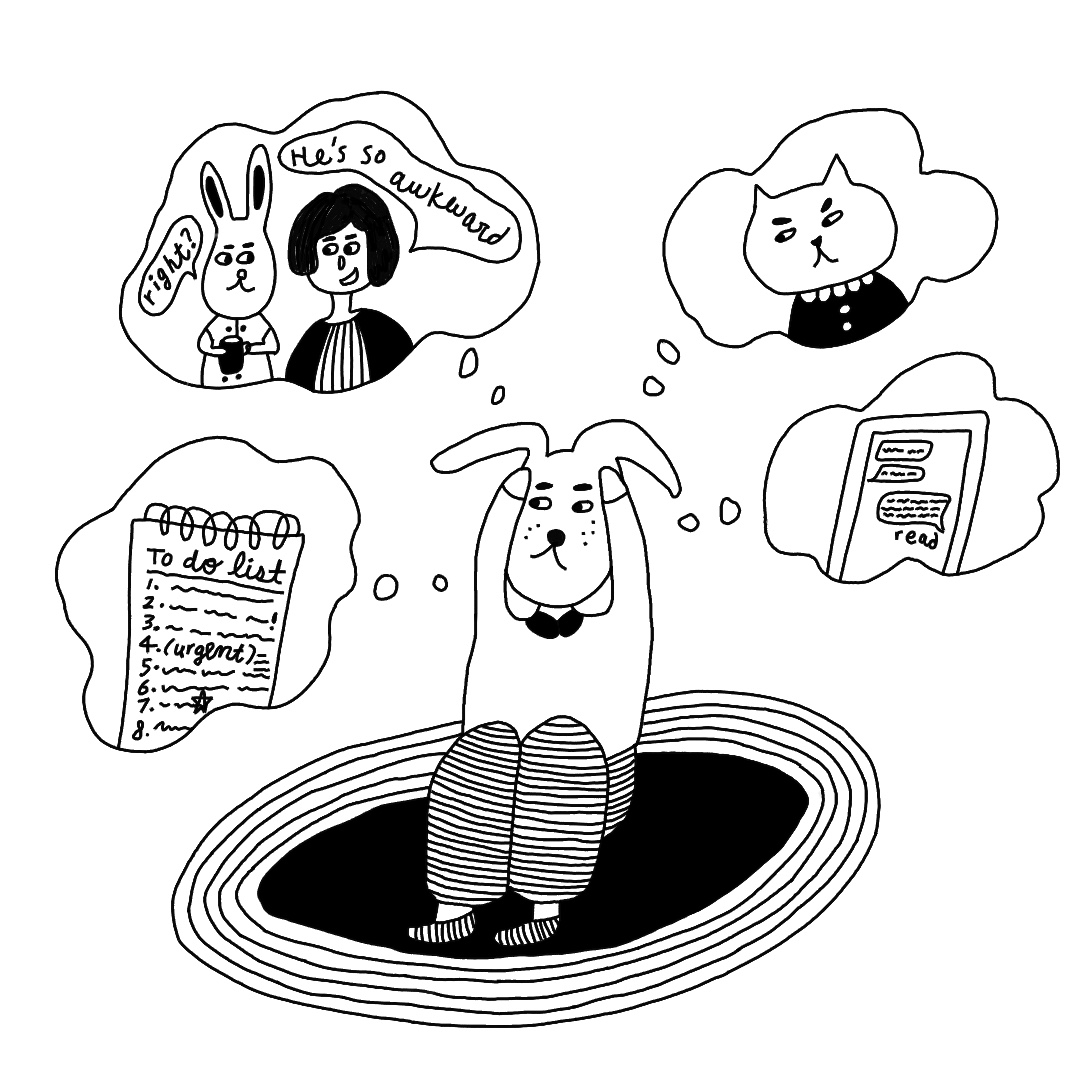Maybe it goes something like this….You reach a tipping point, and it seems like the right time to start therapy.
Detective work is now in order. Turning to Google or Psychology Today, you do a search with the queer-y, “New York City LGBTQ+ therapist near me that accepts insurance” or something in that vein. Next, you sift through an avalanche of results (because there are SO many of us these days), trying to be mindful that this is not the same thing as swiping left, swiping right. Maybe it’s a friendly-looking photo, $$$$, or aspects of the therapist’s identity that catches your attention. You set up an appointment and meet with them – perhaps virtually in your sweats, or in person if you’re old-fashioned. Hopefully, it feels good enough, or better yet a perfect match, and you can get to work.
As if the task weren’t already formidable enough, you are NOW expected to open up to this stranger.
In fact, you aren’t asked to just open up—you feel the need to be a good patient, to tell this person things that maybe you’ve never told anyone, share emotions and thoughts that feel excruciatingly shameful, show up to sessions at times where you’d rather eat glass than talk, or face things about yourself that are not very pretty.
There’s more: you have to pay them to listen to you (therapy isn’t cheap in NYC if your insurance doesn’t cover it) AND you probably won’t know very much about them outside of their professional role.
Pretty weird, right?
This isn’t an attempt to talk you out of therapy. Seriously.
The point is that therapy, at its core (understanding that there’s a huge rainbow of therapies and some approaches might not apply here), is queer. And by queer we don’t mean weird in a bad way, but weird in a queer theory kind of way.
Queer theory questions traditional views of gender, sexuality, and identity–really anything that is deemed by society and culture as abnormal and normal. Normality has a clever way of weaving itself into the entire fabric of our existence–through institutions such as language, the family, laws, and education–and thus into our psyches from day one. In its more insidious form, the mandate of normalcy takes hold in our unconscious, making us believe that categories are real. Queer theory says “no”–categories are constructions (like binary gender), and are there to keep us in line. Queer theory and queerness (especially within the LGBTQ+ community) asks us to defy cisheteronormative demands that can make us feel like we are weird in a bad way, inviting us all to embrace our deepest authentic, spontaneous, and creative selves. Being different is great and liberating–maybe you could even say the weirder the better.
Freud was really weird. Like him or not, you can thank him (or hate him) for the general frame of therapy–talking with a relative stranger on a regular basis and revealing the most private aspects of the self as a pathway to psychological relief. But the setup of psychotherapy wasn’t Freud’s queerest idea. His radical musings about sexuality–that we are all born polymorphously perverse–was in essence an understanding of sexuality as an energy that is innately unbounded and unconcerned with rules or normality. If Freud didn’t go down the rabbit hole of heteronormativity, perhaps the mental health field wouldn’t have taken so long to realize that queers weren’t the problem–it was culture. In fact, garden variety hetero-reproductive sex and gender conformity–following all of the narrow rules that society imposed on folx–could have alternatively been viewed as the thing that was keeping us all miserable. Our gayness, kinkiness, gender expansiveness, and just plain queerness, are really signs of health, and repressing these parts of ourselves–parts that exist in all of us–is the thing that will make us unwell.
So instead of approaching therapy as a way to make ourselves “better” (i.e., normal), what if we embraced its weirdness as a necessary ingredient to helping us rediscover our wild inner child?
Thankfully, the way therapy is understood and practiced in the 21st century has been radically changing at a breakneck pace. Along with the continual unfolding of diversity within the LGBTQ+ community, more and more LGBTQ+ people are openly practicing as therapists, bringing their own queer lenses to what it means to live one’s life to the fullest. Queer therapy/therapist sees that what holds us back is not just our own inner turmoil, but the ways that our inner conflicts are informed by the ways that the environment—family, culture, society, rules, and laws–tell us that what we feel, think, want, need, and desire are wrong. In this way, queer-informed therapy–which specifically guides us at Kip Therapy–is not just for LGBTQ+ people, but for everyone. Because everyone lives in a culture that tells us that queer is bad.





